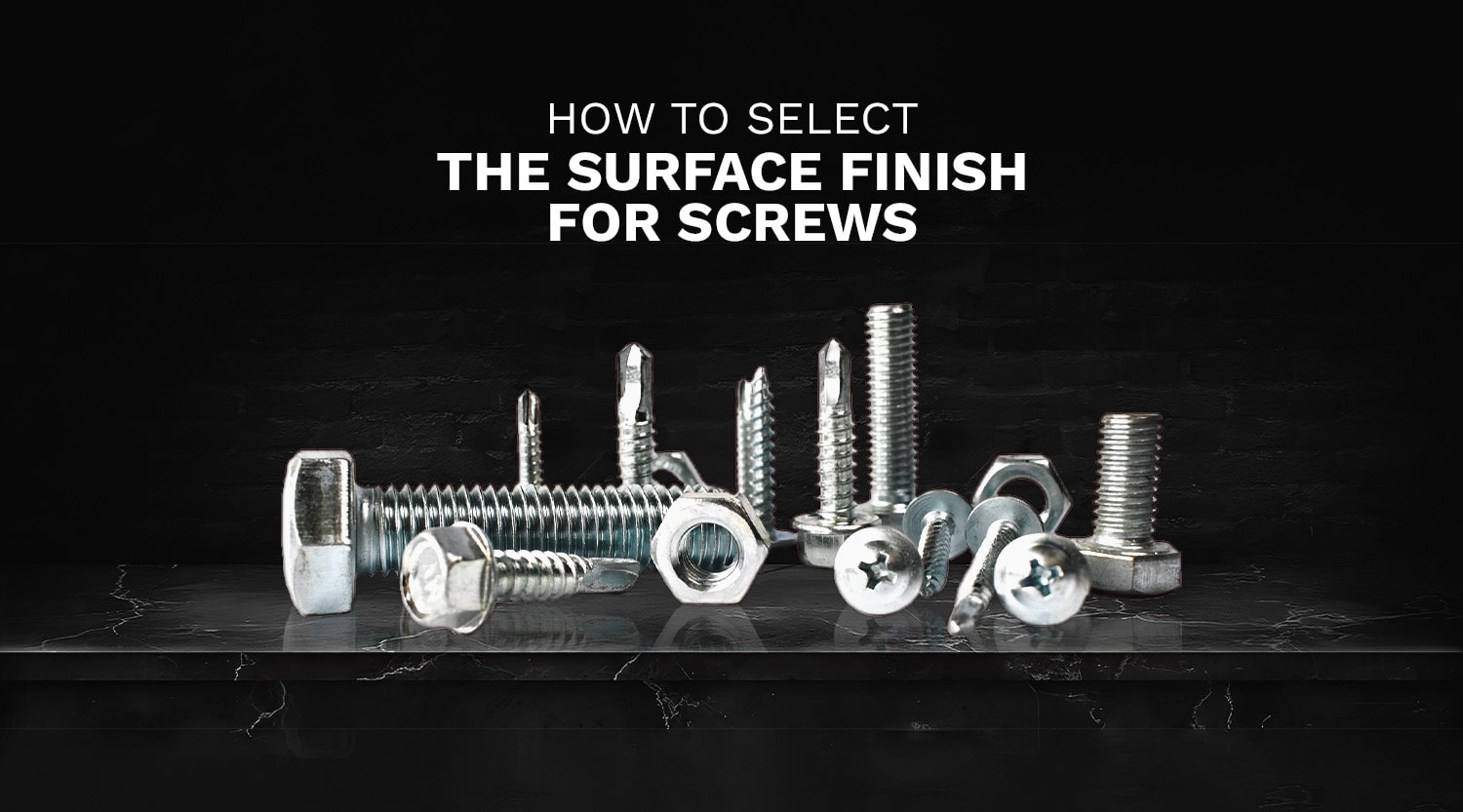


Carpentry is both an art and a science, representing a perfect blend of creativity and technique. What distinguishes a skilled carpenter from a novice is their emphasis on technique, their know-how in selecting the right materials, and their ability to use them in the correct manner.
With this blog, we will walk you through a topic that’s essential and adds to your existing knowledge about the screw coating types. If you get confused at a hardware store, wondering about which one to pick from those wide range of screws, then this blog is for you. You must have observed that some screws seem to last forever while others rust away in no time. So, what is the mystery behind the different surface finishes of screws? How does it affect the longevity and effectiveness of your screws? Let’s dive into the topic to learn how to choose the best screws for your needs.
Are you aware about the wide variety of screws, the different finishes, colours and types they come in. It is natural to get confused and feel overwhelmed when you have to choose the right type of screw. Screw coating types directly affect the durability, corrosion resistance and overall performance of screws. Whether you are just a DIY enthusiast, an experienced carpenter/ craftsman or a professional builder, knowing about the different screw coatings can go a long way in turning your project from good to great! Let’s learn more about these different screw types in brief:
If budget is the primary concern then the Zinc Phosphate & Oil Coating can be a great option. While it offers a fairly decent protection against rust, its use shall be strictly restricted for the indoor. While the matte black finish leaves a great impression, it is only ideal for the dry conditions. Thus, it is recommended to avoid using these screws at places that may attract moisture or where the atmosphere is mostly humid.
This type of coating offers relatively better protection as compared to (Phos and Oil).
A thin layer of zinc is applied to the screw, and it acts as a sacrificial anode. This protects the screw against corrosion. Depending upon the thicknesses, such Zinc Electroplated screws can cater to different applications in both the indoor and outdoor settings while handling different environmental exposures.
Although cadmium electroplate offers effective corrosion resistance, it is less common. Cadmium being a well known carcinogen and its adverse effects on human lungs, bones and kidneys due to prolonged exposures, possess significant environmental and health concerns. This is a reason why it is primarily used in highly specific industries, where its unique properties are required.
Zinc flake coating is used in cases where protection against extreme temperature variations is required. Zinc flake coating is a non-electrolytically applied finish which provides not just the corrosion resistance, but also guards against warm loosening torque and is also resistant against the acidic and basic chemicals. This is a reason why zinc flake coated screws are a great choice in cases where there is exposure to harsh weather conditions such as marine environments. While it may appear expensive, due to the high cost, its durability makes it cost-effective in the long run.
This type of coating is best suited in cases where the balance between aesthetic appeal and an extra layer of durability is needed. The finish in nickel plated screws not only adds a shiny, corrosion-resistant surface but also improves the wear resistance of the screw. This makes these screws suitable for both functional and decorative applications. Beware of the local brands that market normal screws as nickel plated screws. LP’s nickel plated screws are authentic and are trusted by the craftsmen, making it a go-to choice of screws for the carpenters.
As the name suggests, these screws are made from stainless steel and are inherently resistant to rust and corrosion. This discussion on the screws and coating types can not be completed without mentioning the corrosion resistant stainless steel screw. These are ideal for outdoor use or in environments with high moisture levels. Priced slightly at a higher end, the SS screws offer higher longevity and reliability and make it a value for money deal for you.
If you are a woodworking enthusiast or a carpenter, nickel plated wood screws offer the perfect blend of strength and aesthetics. These screws not only hold up well against corrosion but also provide a clean, polished look to your projects, enhancing the overall appearance of your woodworks.
Selecting the right screw surface finish can make a huge difference in terms of durability, aesthetics, and the overall success of your projects. By understanding the different screw coating types, you can select the screws that best suit your usage as per the environmental conditions, application requirements, and your budget.
Remember, the goal is to select a screw that not only fits your immediate needs but also stands the test of time. While these insights will help you select the right surface screws for your projects, they will also save your time, money, and resources in the long run.
Stay updated with the latest tips, tricks, and insights in the world of hardware, which we keep sharing in this space of LP Screw.